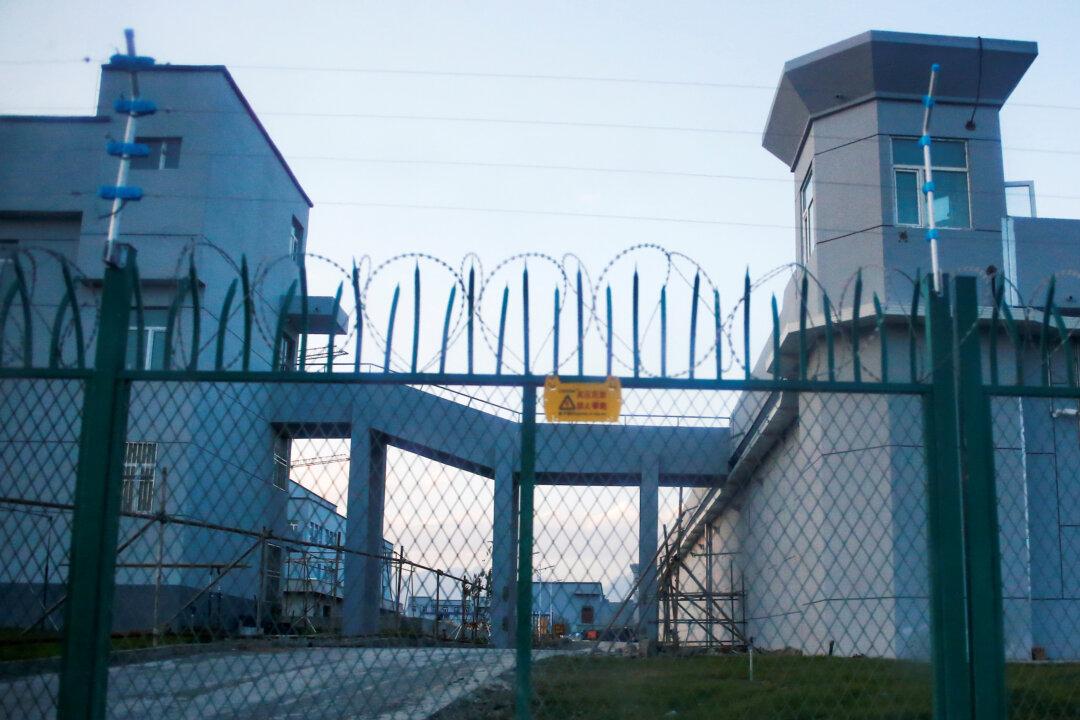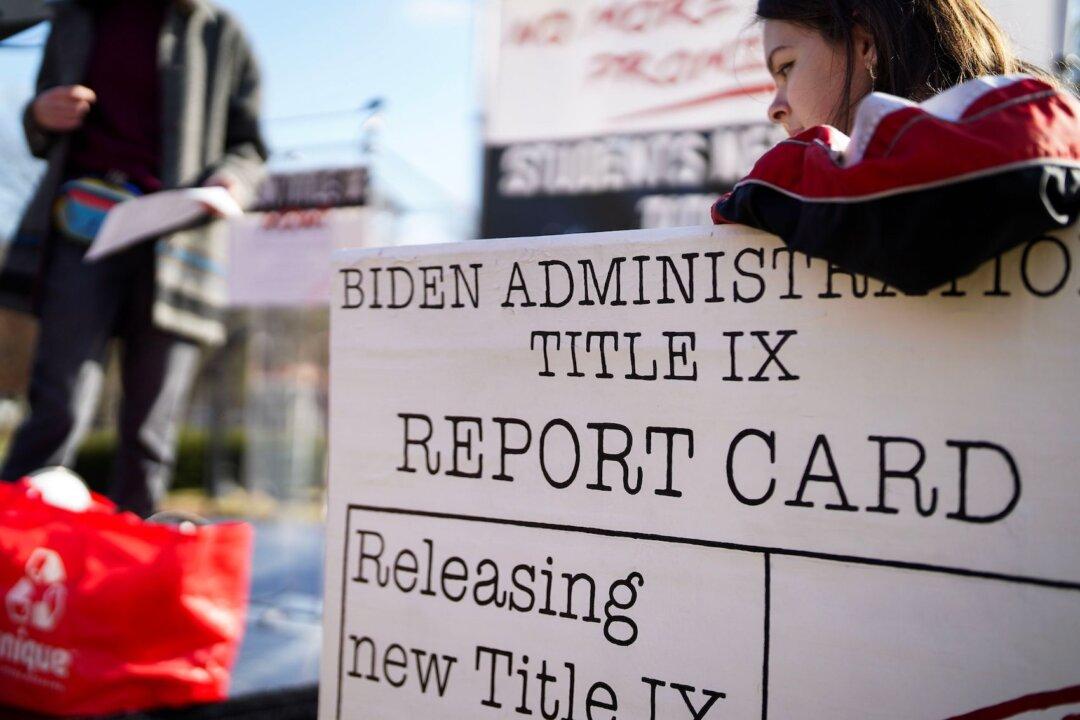Commentary
Most of the world righteously united against Russia after its unprovoked invasion of Ukraine. Vladimir Putin is now an international pariah. Ukraine is receiving billions in military and humanitarian aid. The world’s soft power resources have mobilized to sever Russian access to financial services, trade, most business opportunities, and international travel.





